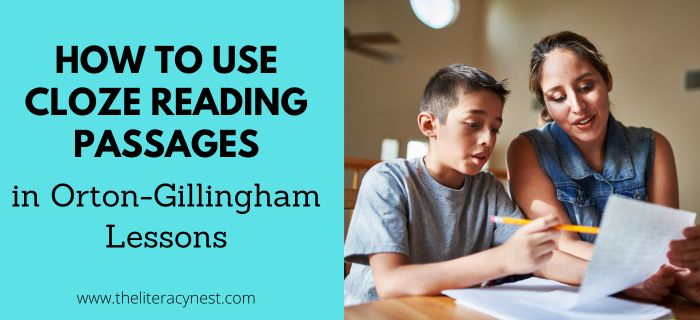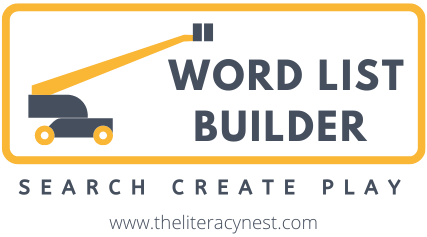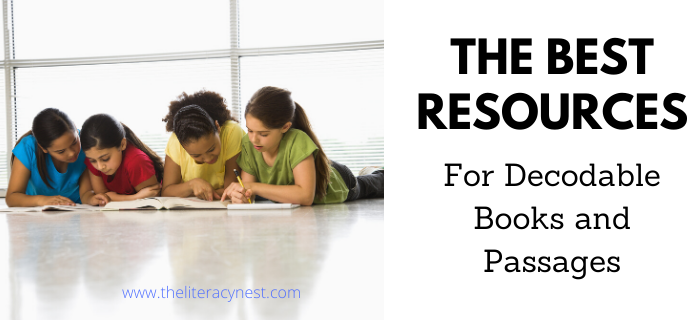How to Use Cloze Reading Passages in Orton-Gillingham Lessons

Cloze reading passages have been a staple of schools for generations. In some form, cloze stories have been in use since the mid-20th century. A cloze passage is a reading text in which words have systematically been omitted from the story. The goal is for the student to use the context clues provided to fill in the missing words.
There are different formats for this activity such as the MAZE where a student has three choices for each blank, a word bank, or drawing on students’ background knowledge and vocabulary. The method chosen should support your teaching goals. The cloze procedure is an excellent way to practice using context clues effectively. It is also an excellent way to introduce new vocabulary. Students have an opportunity to build semantic awareness, grammar, and comprehension skills.
Learn more about controlled texts! Read Tips for Using Controlled Text to Build Morphological Awareness!
The Benefits of Using Cloze Reading Passages
Many struggling readers have weaknesses in their syntactic awareness and may even have oral language delays. One way we support them with that difficulty is by using decodable, controlled text. The Literacy Nest has created a collection of cloze passages with these students in mind. This collection has one focus skill per passage and uses highly decodable controlled text. The missing words match the phonics skill that is the focus of the passage. There is a word bank provided to ensure a high level of success. Students can practice decoding and encoding the target sounds, without doing too much random guessing.
Where Do Cloze Reading Passages Fit Into the Structured Language Intervention?
The ideal time to use a cloze passage would be as part of a review of previously taught skills. The activity allows students to put the phonics skill into practice while also addressing comprehension, fluency, and higher-order thinking goals. Being able to use phonics skills to complete complex tasks is a good way to ensure mastery.
Intervention time is precious, so The Literacy Nest has packed these activities chock full of learning opportunities.
The Following Procedures are an Effective Way to Use Cloze Reading Passages:
- Have the students read through the words in the word bank. These are decodable words that utilize the targeted phonics skill. This reinforces the phonics skill while also priming the student’s thinking with the possible words.
- Read through the passage slowly, pausing to figure out which word fits in the sentence. Reread the sentence to make sure it makes sense.
- These passages are carefully designed not only to be decodable, but also to reinforce attention to punctuation, and to practice specific common language structures that may be new for students such as: “in a flash”, “in order to”, and “why so glum?”. These passages also include the use of figurative language such as metaphors and sensory language that is perfect for practicing visualization.
Learn more about effective vocabulary instruction! Listen to the Together in Literacy podcast, season 3, episode 10: Effective Vocabulary Strategies in Literacy Intervention!
After filling in all the blanks, have the student reread the passage smoothly, without any stops, and start to make sure it makes sense. This repeated reading is an excellent way to practice text reading fluency.
Dig deeper into Cloze Reading Passages! Watch Cloze Passages in Reading Intervention!
Decodable Cloze Reading Passages for Reading Comprehension
Are you looking for decodable reading passages that will also provide students with much-needed reading comprehension practice for MAZE or CLOZE assessments? This collection of over 60 decodable passages also serves as a CLOZE comprehension activity. Each passage focuses on one skill at a time.
You can grab it at The Literacy Nest Shop.
Are you looking for a list of words to use in your Orton-Gillingham lessons? Word List Builder has got you covered!
Save time searching for words to use in your lessons! Create customized and meaningful review, build your folder of words, create templates and games, and much more in Word List Builder.








